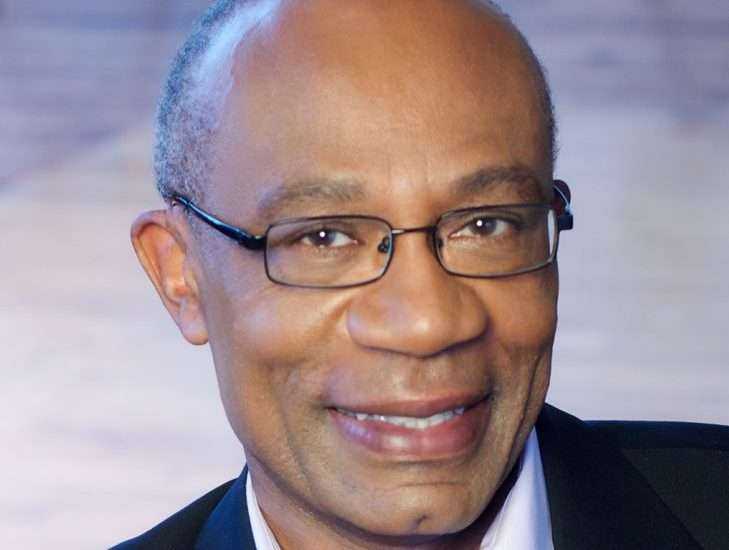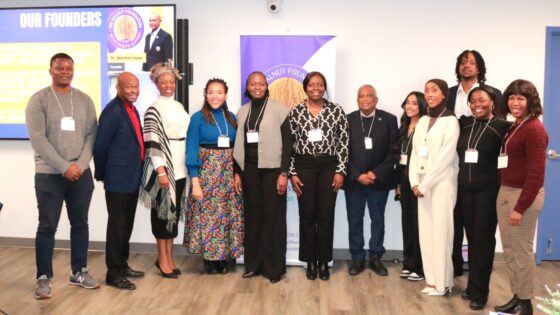on
BY PAUL JUNOR
The Order of Canada is recognized as one of the most important honours awarded to Canadians. It recognizes people across all sectors of society who have made extraordinary and sustained contributions to our nation. The motto of the Order of Canada in Latin is “DESIDERANTES MELIOREM PATRIAM,” which translates to “They desire a better country.” It is largely due to the Advisory Council that recommendations are made to the Governor General who finalizes the appointments.
Her Excellency the Right Honourable Mary Simone, Governor General of Canada states in the press release, “What a beautiful way to end the year, honouring Order of Canada appointees and learning about the depth and range of their accomplishments. Celebrated trailblazers in their respective fields, they are: inspiring, educating, and mentoring future generations, creating a foundation of excellence in our country that is respected throughout the world. Their commitment to the betterment of Canada fills me with pride and hope for the future. Alianaigusuqatigiivassi. Congratulations.”
Hamlin Washington Grange C.M. from Courtice, Ontario was awarded the Order of Canada, “For his pioneering work in diversity and inclusion, as a passionate change agent for social justice.” It is a powerful story of how Hamlin rose to the apex of the diversity consultant field to be recognized Canada-wide.
Tiffany Ford, CEO & Strategist of The Ford Global Group Inc, provided a bio of Hamlin, which outlines his academic, personal, and professional accomplishments. It shows his rise from a journalist to a significant change agent.
After his migration to Canada from Jamaica at the age of 10, Hamlin attended Central Technical High School in 1968 where he distinguished himself as a stellar track and field athlete. He played an instrumental role in ensuring that his school won the city championship, which was the first time in 25 years. Hamlin was elected as the President of the Student Council and was very active during the period when there were cutbacks to education by the provincial governments, which led to disruptions across Ontario.
Hamlin attended the University of Colorado on a track scholarship where he completed a Bachelor of Science degree in Journalism with a minor in African American Studies and Research Methodologies. Hamlin represented Canada as a member of the National Junior Track and Field Team across Europe and America, and was the Canadian Junior record-holder in the 400 m hurdles for several years. In 1975, he won the Canadian Senior Championship in Sudbury with a time of 52.7 seconds, which was a few seconds off the qualifying time for the 1976 Montreal Olympics.
Hamlin started his journalism career as a reporter at the Rocky Mountain News in Denver, Colorado, and on his return to Canada, he worked for Contrast newspaper, a well-known Black ethnic paper in the 1970s as managing editor. Hamlin subsequently worked for: CBC Television, Global Television, Toronto Star and hosted Workweek, on CBC Newsworld and TVOntario and the CBC’s More to the Story. In addition, he served as co-host of Good Evening Jamaica, which was broadcasted via the internet across Jamaica and the world.
I interviewed Hamlin on Tuesday, January 24th, and he responded to a range of questions that I posed that were primarily informational in nature. He shared with me that he grew up in a single-parent household, and his mother (who was a nurse) played a critical role in his formative years. It was at Central Tech that he honed his leadership skills by participating in: student activism, negotiation, networking and speaking. He had intentions to attend the Harbord Collegiate, which was perceived to be more academic than Central Tech, but had to overcome barriers of streaming which was heavily encouraged by educators to push marginalized racialized students from specialized intellectually challenging and stimulating courses in the 1970s.
It was largely through grit, willpower and resilience that he was able to pursue post-secondary studies at the University of Colorado, where he met his wife, Cynthia Reyes. Hamlin told me that there were no specific factors that led to his career choice in the field of journalism. He became a reporter with the Rocky Mountain News in Denver and subsequently with Contrast newspaper as a reporter/managing editor. He told me that for any young person who is thinking of going into journalism his advice would be, “Being a journalist is about exploring and finding out about: people, places and things that can make changes happen.”
Hamlin shared with me why he believes that diversity in mainstream media is important. He started Innoversity in 1991 along with his wife to open up opportunities for minority reporters and journalists to get exposure. He does not believe that DEI training does not go far enough. They subsequently founded DiversityPro Inc., which offers HR consulting, diversity and inclusion, and executive coaching. Hamlin serves as the president and principal consultant. He states, “Leaders should be culturally adaptive with a worldview that sees the big picture.”
Stay in the loop with exclusive news, stories, and insights—delivered straight to your inbox. No fluff, just real content that matters. Sign up today!
With a last name that means “Faithful and loyal,” it is no wonder that Paul Junor has become a welcomed addition to the Toronto Caribbean Newspaper Team. Since 1992, Paul has dedicated his life to become what you call a great teacher. Throughout the years, he has formed strong relationships with his students and continues to show them that he cares about them as people. Paul is a warm, accessible, enthusiastic and caring individual who not only makes himself available for his students, but for his community as well.













